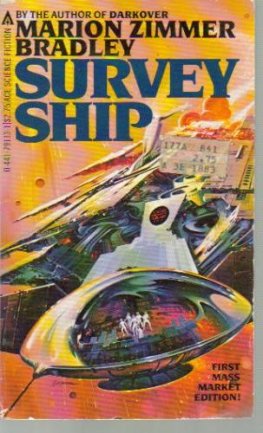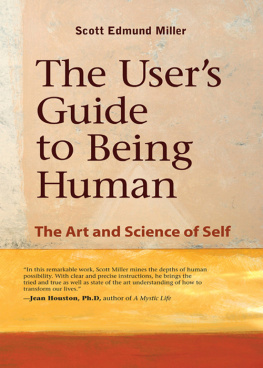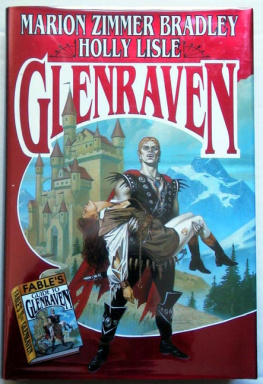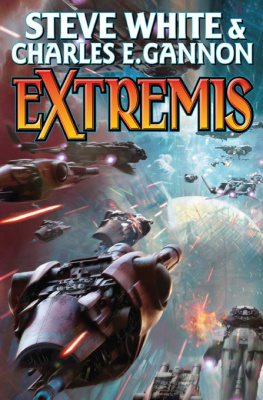Marion Zimmer Bradley
SURVEY SHIP
How do you make a spaceman?
You start the same way that you start to make a chess master, a ballet dancer, a trapeze performer, or any other difficult and complex task demanding highly trained and concentrated skills, physical or mental; you start when the future professionals are too young to know whether that is what they want out of life, or not. Six is not too young.
United Nations Expeditionary Planetary Survey UNEPS starts every year with one hundred five-year-olds, discovered, in early testing, to be both mentally and physically superior.
There is neither elitism nor egalitarianism about the selection. The child of a World Controller or a United Nations Senator cannot be bought or bribed in; while any beggar from the gutters of Bombay or Chicago who notices that his child is exceptionally bright can bring him to a local center for testing. A hundred are chosen; after a year of preliminary, concentrated education, fifty of them are returned to their parents or guardians. They have, for the rest of their lives, no trouble at all in getting scholarships to whatever schools, colleges or graduate schools their parents choose for them, and they never have to worry about unemployment. Even the failures are superior.
Between six and seventeen, nine or ten more will be dropped because of accident, illness, or some previously undiagnosed physical problem; or sometimes, the intensive group living and training turns up a serious emotional instability. Once again, the dropouts have no trouble in finding highly paid, highly challenging work for the rest of their lives. At twelve, with the equivalent of an ordinary college degree, they begin to specialize, according to each ones particular talent; mathematical, verbal, mechanical, linguistic. Most of them have more than one talent. The mathematical genius with no talent for words, or the creative verbal child with no talent for sciences or mechanical skills, doesnt belong in this training; they usually get weeded out before seven.
By seventeen when they graduate, the remaining forty or so are highly trained polymath specialists. It goes without saying that they are keyed up to fever pitch. On this calm December night in Australia, the Southern Cross blazing down from the zenith, the UNEPS Academy was darkened; but there was little sleep for any of the forty-three members of the class who would graduate tomorrow.
Tomorrow, at least thirty of them would fail; the final humiliating washout. Failure was a relative term, of course. Those who remained were assured of work, if not with UNEPS, with governments, space authorities, colonies, teaching, training, administration; the present President of the Academy, and the Secretary of the United Nations Space Authority, were both such failures and no one outside the Academy ever thought of them as failures at all. But for the lucky graduates never more than ten, or fewer than four there was a universe at their feet, if they could live to claim it.
For those graduates were given a UNEPS spaceship, a Survey Ship, with only one instruction for their final test:
Find us a planet. Find us a planet that UNEPS can colonize.
The lucky ones would be revered, worshipped, envied, and sometimes hated, especially by their classmates. Their nicknames, and their faces, would be known all over Earth within seconds of their selection. Their nicknames but never their names, or the country of their origin. For, while the UNEPS Academy is in Australia, it is not subject to the current government of Australia; and the candidates, as soon as it is known that they will remain in UNEPS at the age of six, lose their names, and their nationalities, forever. They represent, not South Africa, or Mexico, or the United States, or England, but the United Nations and Earth. They are, in the truest sense, Earthmen. No one knew, for instance, whether the present Secretary of the Space Authority was a black from Harlem, Haiti or Nigeria; whether the Academy President, who was known simply as Miri, her Academy nickname bestowed at seven, had been born in California or Hong Kong.
Every students life, from his sixth year, is aimed at this goal; and all through their training, they know that only one in five at the highest and most favorable odds can possibly make it. Sometimes only one or two in a class can qualify. That year there will be no Ship. For each class is trained intensively as a unit to function as a perfect team with the other members and only with the members, of that one class. One surviving member of a non-qualifying class could not possibly be expected to merge with four or six or eight crewmen from a year other than his own.
And so on that last night, forty-three candidates lay awake, wondering, and dreading, and fearing, and there was little sleep. For at least thirty-three of them, these twelve years would end in failure. It didnt matter that their lives would be secure, filled with riches and rewards; it would still be failure. For their whole lives had been aimed toward sending them out on a Survey Ship.
There was a rumor floating around the school nobody knew where it had started that this year only six had been chosen.
Every one of the forty-three secretly believed that when that Survey Ship left Earths orbit, he or she would be on it.
And at least forty-two of the forty-three secretly knew, in his or her despairing heart, that he, or she, would be left behind.
Every one of them had different ways of dealing with the tensions of that last night.
Peake and Jimson were together, as always, playing a Schubert Nocturne in the Music Room.
Earlier that day there had been the ceremony broadcast by satellite all over the world where the forty-three graduates passed on their torches to the forty-two remaining in the class who would graduate next year. Peake had been the leftover one, the one who had to stand with his class without a torch to hand to anybody, so that he had stood there, holding the torch awkwardly until it was unobtrusively taken and put out by one of the administrative personnel. That was the kind of person Peake was; tall, black and gangling, with rumpled hair and beaky features, his legs just a little too long for his uniform trousers; he was the one you always expected to trip over his own big feet, or spill the soup all over himself. Like a giraffe, he looked all-hung-together-anyhow, and awkward, and he was quiet and diffident as the result of catastrophic clumsiness in adolescence. But, like the giraffe, his loose parts somehow fitted; he never broke even the most delicate bit of laboratory equipment, and his huge, ham-sized, double-jointed fingers, now moving caressingly over the frets of the violin, had the precision of a surgeon which is what he was.
Jimson, leaning over the keyboard, was very differ-ent; small, blonde, almost chubby not overweight; the diet and exercise program of the Academy pre-vented that. But he had round features, and would never be tall; at seventeen he hadnt started shaving yet. His hands, though, looked even more muscular and competent than Peakes; they could span more than an octave. He had wanted to follow Peake into surgery or medicine, but theyd talked it over, at fifteen, and, knowing that two with the same specialty would never be chosen for the same crew, had decided to go different routes. Specialization was always the gamble; every-body in your own specialty was even more your rival than everyone else in the Academy.
Peake let his last note die, stood unmoving while Jimson played the final cadenza; ornate, cheerful, decorative. A good, unemotional choice for tonight, he thought, nothing that could bring on sentiment. Jimson rose, sighed a little, and watched Peake replace his violin in its case on the numbered rack. There were forty-three of them; everyone in the Academy played some instrument, all beginning together in Suzuki violin classes at five.








